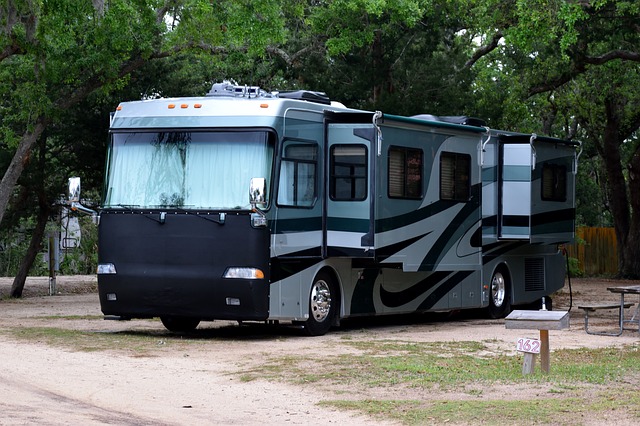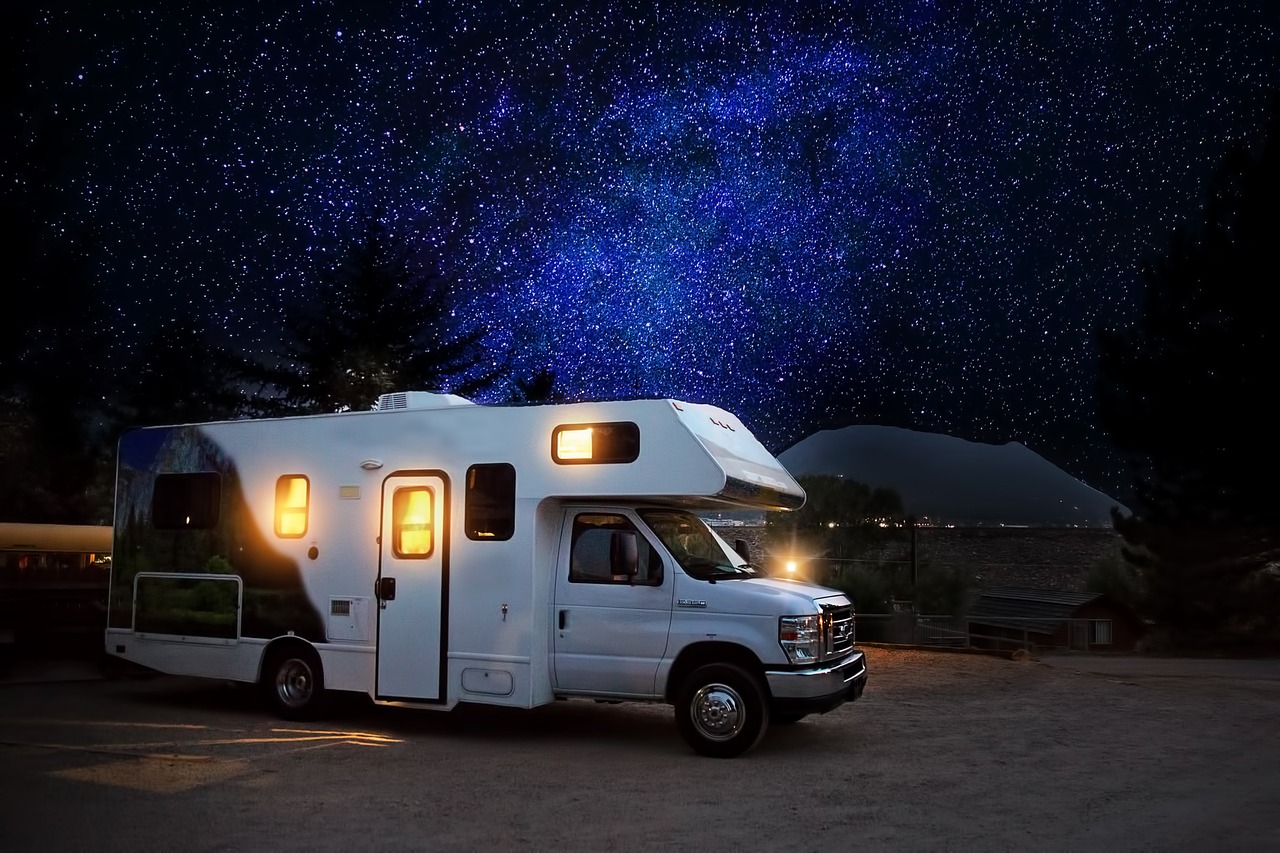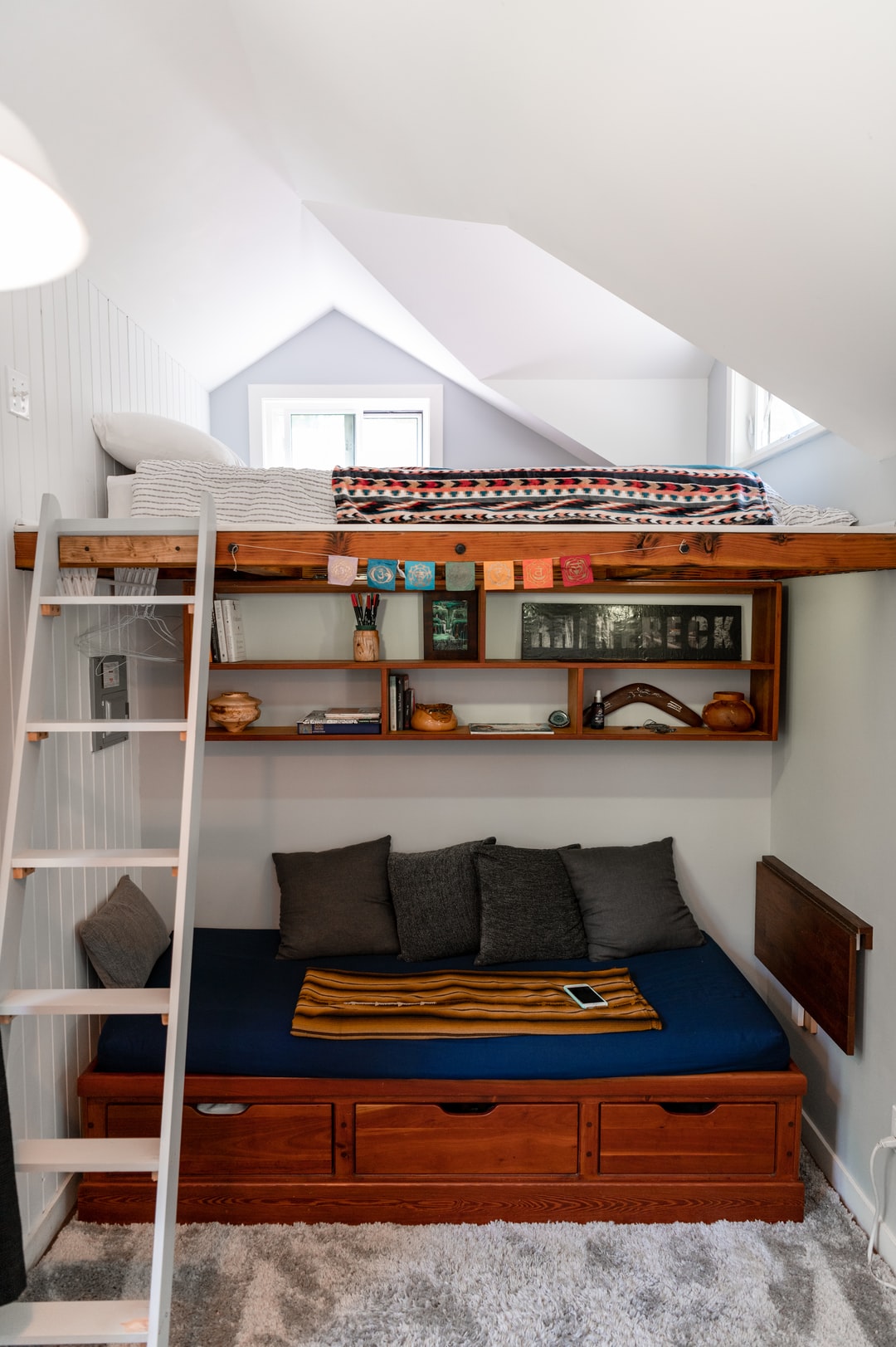
When is an RV Considered a Home?
RVs are more popular than ever, with many people from colder climes selling their homes to purchase an RV and move to Florida where the weather is warm year-round. Many view that as a form of camping. In Florida, an RV can be considered a home in certain circumstances and if specific conditions are met.
An RV is defined as a recreational vehicle designed for temporary living during activities such as camping, building a home, and while traveling. An RV can have its own power or be mounted or pulled by another vehicle. Florida is a state that’s typically friendly and accommodating to RV dwellers.
Individuals can live in their RV, on their own land in Florida, providing they aren’t violating any HOA or local zoning laws and the RV has power and water. An RV is also considered a home if an individual is paying to live at an RV or mobile home park. For many, the best solution is an RV or trailer park to ensure there are no violations.
However, individuals can also have their RV declared a homestead. It will be taxed as real property rather than tangible personal property. The RV owner must own the land in the county where they’re living in the RV. The owner will need to file a form “Declaration of Mobile Home as Real Property.” Other documents are needed to certify the RV is permanently affixed and will remain so.
A key distinction is if the RV is used for transportation purposes. An RV can’t be a principal residence if its regularly taken out on the road. Homestead protection is much more likely if the vehicle is on a permanent lot with access to essential facilities. Much will depend on the county in which an individual wants to establish the RV as a homestead – and the neighbors’ tolerance.
For more information about how The Sena Group can help you with any
of your insurance needs, please contact us at 561-391-4661.
We can be found on Social Media at the following links.
The Sena Group
6501 Congress Ave., Ste. 100
Boca Raton, FL 33487



